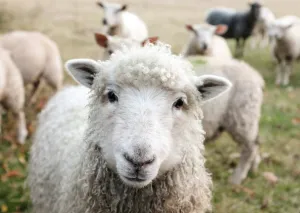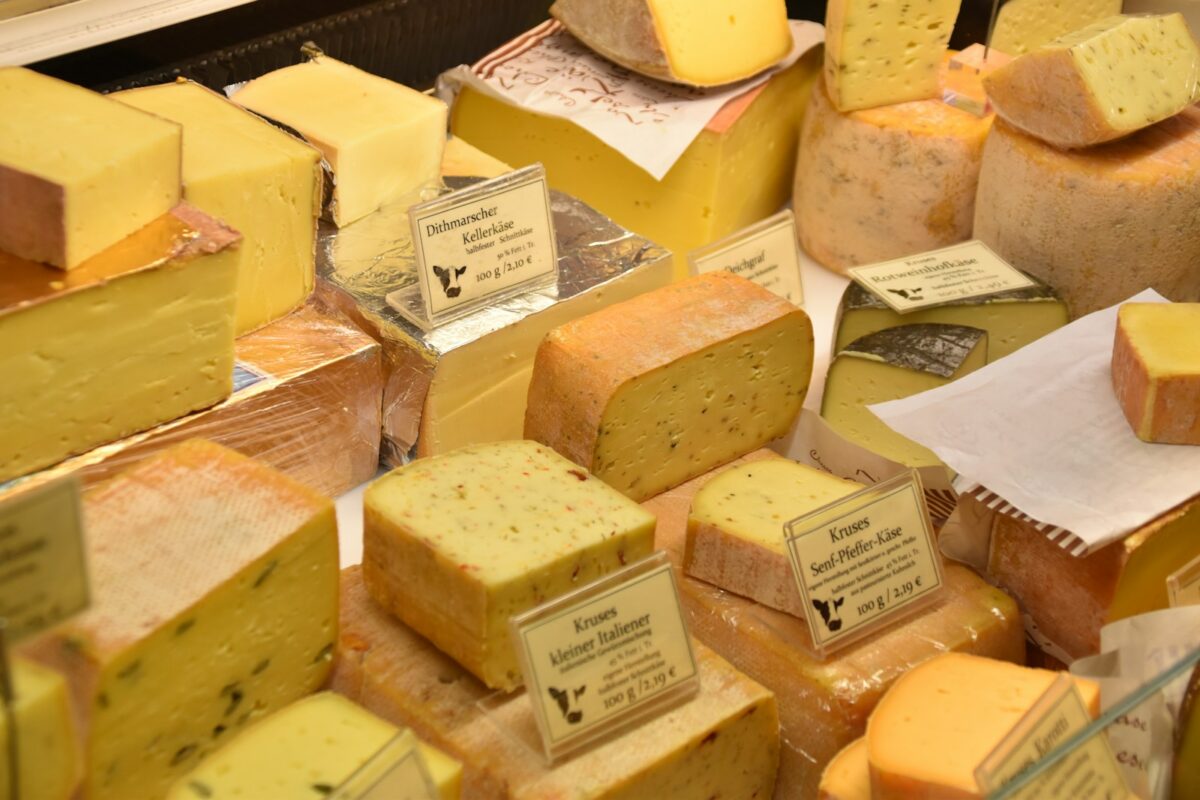Introduction: Navigating Ethical Fashion
The question “Can vegans wear wool or leather?” delves into the ethical considerations that underpin the vegan lifestyle. Beyond diet, veganism extends to all aspects of life, including clothing choices. Most vegans opt out of wearing wool and leather to avoid supporting industries that exploit animals. This article explores the reasons behind these choices and presents sustainable alternatives.
Understanding the Impact on Animals
Wool and leather, while natural materials, are products of animal agriculture, an industry often critiqued for its ethical implications:
- Animal Welfare: Animals raised for wool and leather frequently face inhumane treatment, including overcrowding, unnecessary harm, and a lack of proper care.
- Environmental Toll: The production processes for wool and leather contribute significantly to pollution, deforestation, and climate change.
- Ethical Consistency: For many vegans, avoiding wool and leather aligns with the overarching principle of minimizing animal harm and exploitation.
The Environmental Argument
The production of wool and leather has substantial environmental impacts, making these materials less appealing to those aiming for a sustainable lifestyle:
- Resource Intensity: Leather production, particularly, requires large amounts of water and chemicals, contributing to pollution and waste.
- Greenhouse Gas Emissions: Livestock farming releases considerable amounts of methane, a potent greenhouse gas.
- Land Degradation: Overgrazing for wool production can lead to soil erosion and loss of biodiversity.
Vegan Fashion: Stylish and Sustainable Alternatives
As the demand for ethical fashion grows, so does the availability of vegan alternatives to wool and leather:
- Plant-Based Materials: Options like cotton, linen, and hemp are renewable, less resource-intensive, and cruelty-free.
- Innovative Fabrics: Recent advancements have introduced materials like Piñatex (made from pineapple leaves) and mushroom leather, offering sustainable and ethical alternatives.
- Recycled and Upcycled Goods: Choosing clothing made from recycled materials reduces waste and supports a circular economy.
In Summary: Aligning Fashion with Values
Choosing not to wear wool or leather is a personal decision aligned with the vegan commitment to avoiding animal products. By exploring and adopting sustainable and cruelty-free alternatives, individuals can enjoy fashion that aligns with their ethical and environmental values.



